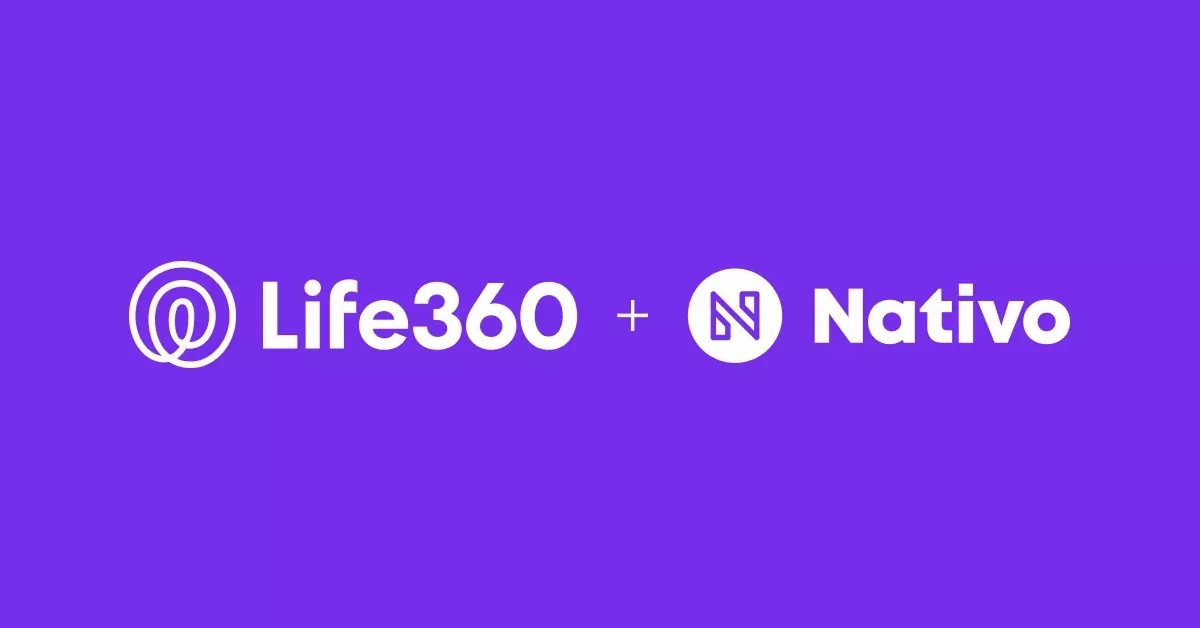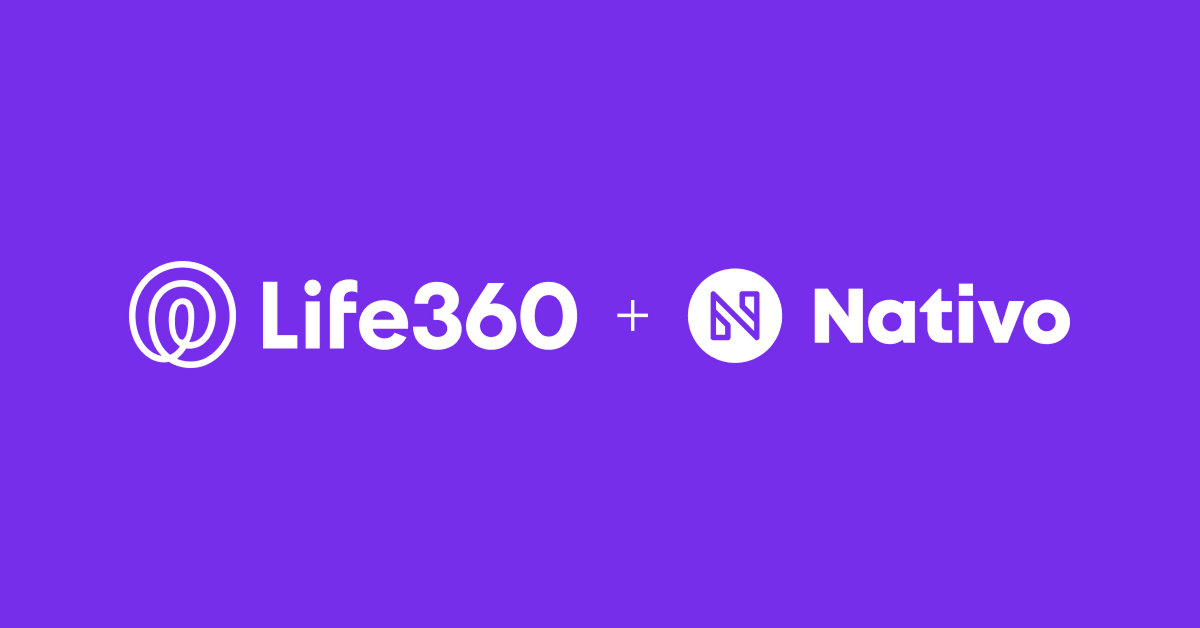What Are 3 Different Types of Predictive Analytics?
.png)
Predictive analytics has emerged as a powerful tool for businesses to gain insights, make informed decisions, and stay ahead of the competition. By leveraging historical data and advanced algorithms, predictive analytics enables organizations to forecast future trends, anticipate customer behavior, mitigate risks, and optimize operations.
By leveraging predictive analytics, marketers can segment their target audience more effectively, personalize messaging, and optimize campaign performance to maximize ROI. Additionally, predictive analytics empowers marketers to anticipate customer needs and preferences, driving customer engagement, retention, and ultimately, business growth.
In this blog post, we'll explore three different types of predictive analytics and their applications.
Regression Analysis
Regression analysis is a fundamental technique in predictive analytics used to model the relationship between a dependent variable and one or more independent variables. The goal of regression analysis is to predict the value of the dependent variable based on the values of the independent variables. There are several types of regression analysis, including linear regression, logistic regression, polynomial regression, and more, each suited to different types of data and relationships.
Linear regression is perhaps the most commonly used type of regression analysis, particularly in forecasting numerical outcomes. It assumes a linear relationship between the independent and dependent variables and fits a straight line to the data to make predictions. Linear regression is widely used in various fields, including finance, marketing, economics, and healthcare. For instance, in marketing, linear regression can be utilized to forecast sales figures based on variables such as historical data, market dynamics, and promotional activities.
Logistic regression, on the other hand, is used when the dependent variable is binary or categorical, such as predicting whether a customer will churn or not, or whether an email is spam or not. Logistic regression models the probability of a binary outcome using a logistic function and is widely used in marketing, healthcare, and fraud detection.
Polynomial regression can be valuable in marketing for analyzing complex relationships between variables that may not be linear. For instance, it can help predict sales volume based on factors like advertising expenditure, seasonality, and promotional efforts, where the relationship isn't strictly linear. Polynomial regression allows marketers to capture curvature in the data, such as diminishing returns on advertising spending or the impact of increasing promotional intensity. By fitting polynomial functions to historical data, marketers can gain insights into the optimal allocation of resources and devise more effective marketing strategies to maximize returns.
Time Series Analysis
Time series analysis focuses on analyzing and forecasting sequential data points collected over time. It involves studying the patterns, trends, and seasonality in the data to make predictions about future values. Time series data can include various metrics such as sales figures, stock prices, weather patterns, website traffic, and more.
One of the key techniques used in time series analysis is autoregressive integrated moving average (ARIMA) modeling. ARIMA models are widely used for forecasting in fields such as finance, supply chain management, and demand forecasting. ARIMA modeling in marketing is utilized for forecasting sales trends over time, enabling marketers to anticipate demand fluctuations, plan inventory levels, and optimize promotional strategies accordingly.
Another popular technique in time series analysis is exponential smoothing methods. Exponential smoothing methods are particularly useful for handling data with trend and seasonality components and are commonly used in sales forecasting, inventory management, and resource planning.
Machine Learning Algorithms
Machine learning algorithms have revolutionized predictive analytics by enabling computers to learn from data and make predictions without being explicitly programmed. Machine learning encompasses a wide range of algorithms, including decision trees, random forests, support vector machines, k-nearest neighbors, neural networks, and more.
Decision trees are versatile algorithms used for classification and regression tasks. They are intuitive, easy to interpret, and widely used in marketing, customer segmentation, and churn prediction.
Random forests combine multiple decision trees to improve prediction accuracy and reduce overfitting. Random forests are robust, scalable, and effective for handling high-dimensional data with complex relationships. They are used in various applications, including customer churn prediction, recommendation systems, and fraud detection.
Neural networks are powerful algorithms inspired by the structure and function of the human brain. Neural networks excel in handling unstructured data such as images, text, and audio and are used in applications such as image recognition, natural language processing, and sentiment analysis.
Predictive analytics encompasses a diverse range of techniques and methodologies for forecasting future outcomes based on historical data. Regression analysis, time series analysis, and machine learning algorithms are three fundamental types of predictive analytics, each with its strengths and applications. By leveraging these techniques, businesses and marketers can gain valuable insights, leverage predictive audiences, make informed decisions, and drive success in today's competitive landscape.


.jpg)

